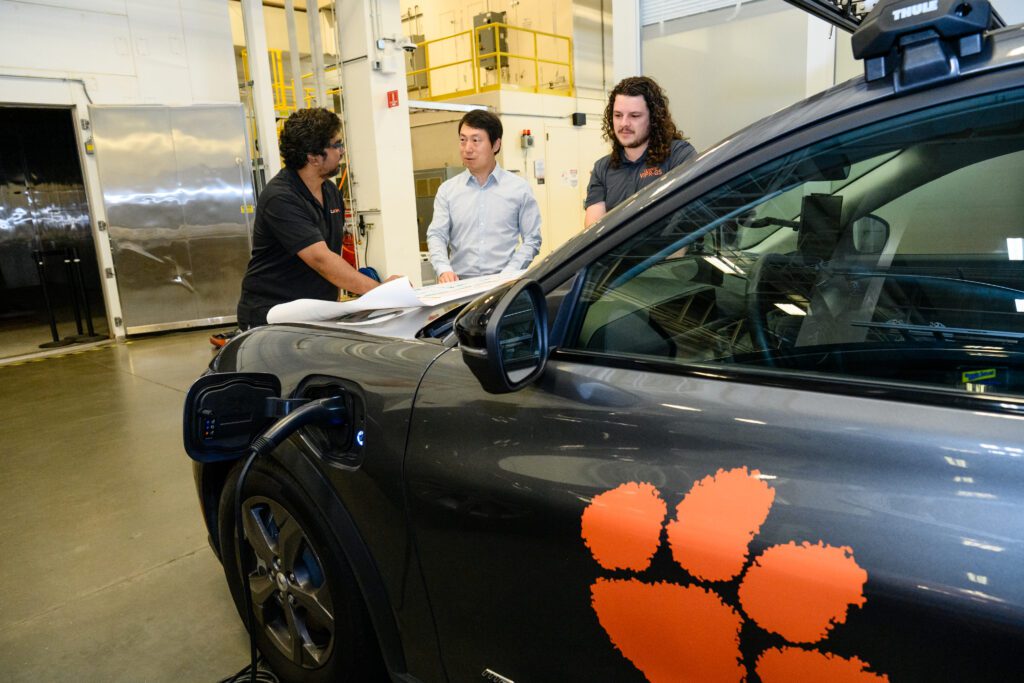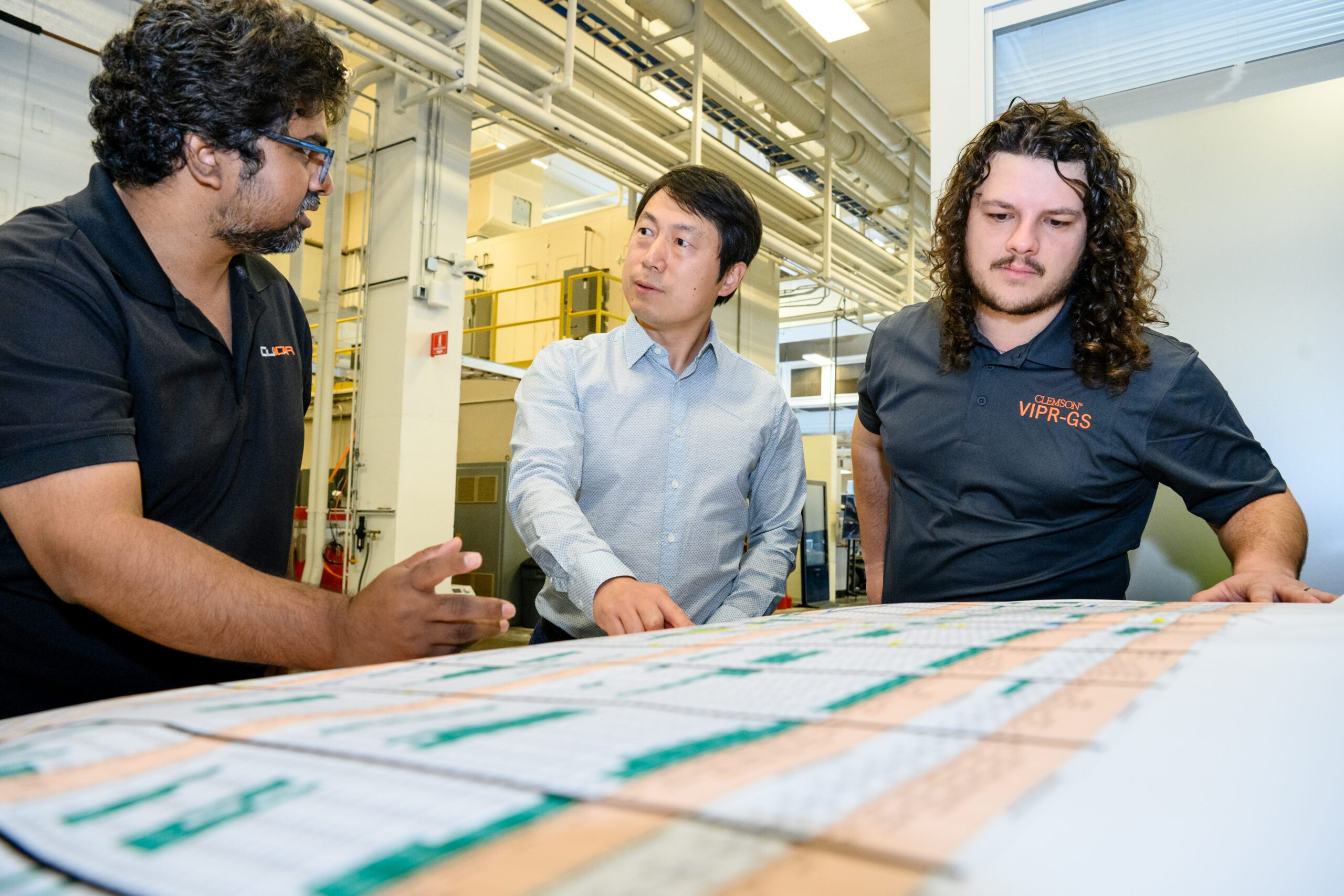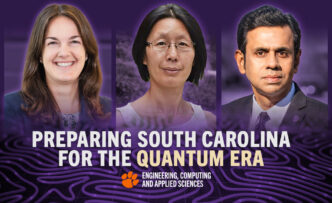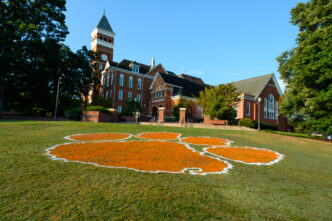You can hail a ride with a tap on your phone and save money by splitting the cost with strangers headed in the same direction. So why aren’t more Americans doing it?
That’s the question Clemson University, J.D. Power, Argonne National Laboratory and Ford researchers set out to answer, as rising car ownership costs make services such as Uber and Lyft more appealing.
The short answer? It varies depending on the rider’s demographic background and other factors.
For example, enhancing the service experience could be key in attracting Boomers, Gen X and pre-Boomers, while Gen Y and Gen Z would be most receptive to messages promoting the environmental and traffic-reduction benefits of sharing rides.
Researchers’ work focused specifically on pooled rideshares– services that offer discounted rates for sharing a ride, sometimes with friends but often with strangers.
While passengers stand to save money, the potential benefits go beyond individual savings.

Increasing vehicle occupancy through pooling could significantly reduce traffic and “save energies”, said Yunyi Jia, the McQueen Quattlebaum Professor of Automotive Engineering at Clemson.
“According to one estimate, if all vehicles were rideshares and no one drove a personal vehicle, we would need only about 10% of the vehicles we have today,” he said.
Ridesharing services go at least as far back to the jitneys of the World War I era, enjoyed a resurgence during World War II to conserve resources and again in the 1970s until the early 1980s because of high fuel prices, researchers found. Pooled ridesharing puts a new twist on the service for the modern era.
Uber and Lyft started offering pooled rideshares in 2014, and the service expanded throughout the country, particularly in big cities. COVID put a damper on pooled rideshares, and the service has yet to fully recover, researchers found.
Separating Americans from their personal vehicles has long proven notoriously difficult in many parts of the country, but the team’s research showed that attitudes might be changing.
Rakesh Gangadharaiah, a Clemson postdoctoral researcher working under Automotive Engineering Professor Johnell Brooks, said the team looked at various demographics, including age, and found that Gen Z was most likely to prefer riding and having transportation options over driving their own vehicles.
“When you are riding instead of driving, you can use that time for other activities like work,” said Gangadharaiah, who previously worked at General Motors.
To dig deeper into pooled ridesharing attitudes, researchers analyzed survey responses from thousands of U.S. participants. Safety emerged as the top concern, with trust, privacy, and convenience also weighing heavily in riders’ decisions.
One finding in particular stood out: Saving time and money wasn’t enough to convince people to share rides. While those factors mattered, the study found they came into play only after riders felt safe and trusted the service.
Researchers found there is no “one size fits all” approach to convince more of the motoring public to embrace pooled rideshares.
Factors vary greatly depending on a host of demographics, such as age, gender, household income, employment status, number of children, and more, researchers found.
It will be crucial to address the unique needs and concerns of each group, researchers found. The ultimate goal is to create a solution that will take into consideration different passengers’ preferences and needs when matching them with rides and optimizing pooled rideshare operations, Jia said.
Researchers have published their findings, including those reported in a May article in the journal Sustainability. The paper’s title was,”The Influence of Demographic Variables on the Pooled Rideshare Acceptance Model Multigroup Analyses (PRAMMA).”
The authors are Gangadharaiah, Brooks, Joseph Paul, Haotian Su and Jia, all of Clemson’s Department of Automotive Engineering; Patrick J. Rosopa of Clemson’s Department of Psychology; and Lisa Boor and Kristin Kolodge of J.D. Power.
The entire project is also in collaboration with Joshua Auld, Krishna Murthy Gurumurthy and Nazmul Arefin Khan from Argonne National Laboratory and Yifan Chen’s group from Ford Motor Company.







